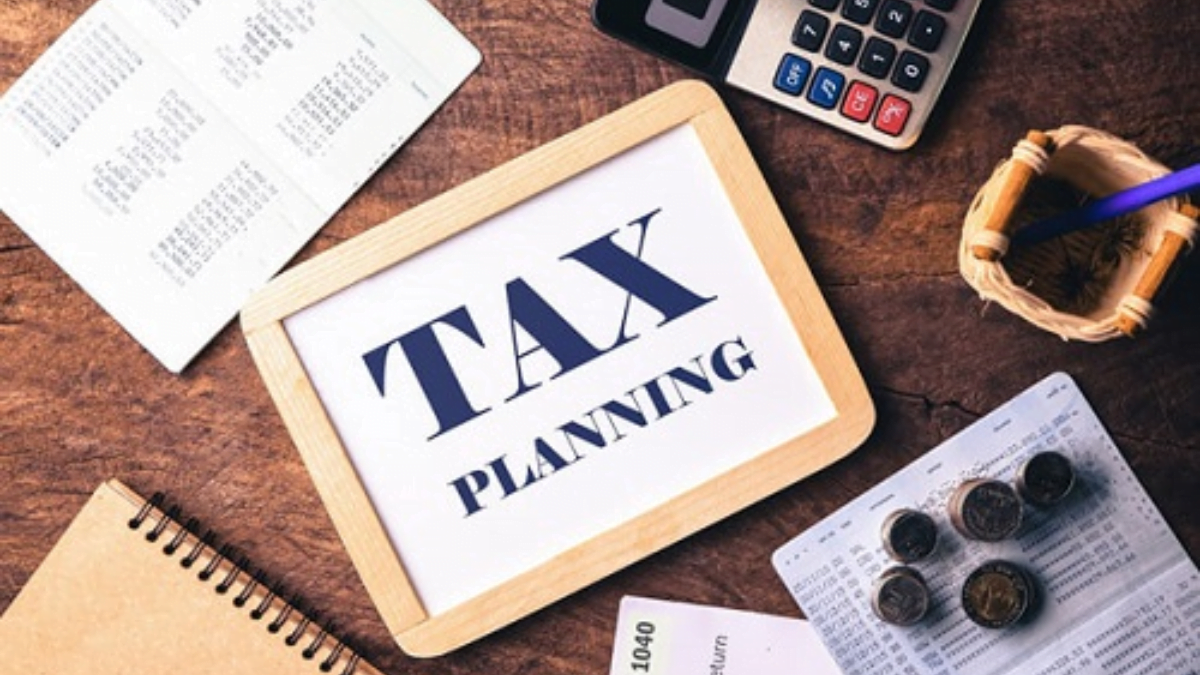Tax preparation can be a difficult undertaking for small business owners or independent contractors. It might be difficult to maximize tax savings and guarantee appropriate filing, particularly for people who are unfamiliar with the world of self-employment. In this post, we’ll offer tips on how to efficiently arrange your taxes and take advantage of all the relevant credits and deductions for podcasters, Airbnb hosts, and independent contractors.
Comprehending Independent Contractor Tax Forms
Navigating the many tax documents needed for tax filing is one of the main hurdles for independent contractors. Depending on your revenue sources and business structure, you might need to fill out separate forms whether you’re an Airbnb host, independent contractor, instructor, or podcaster. The 1099-MISC form, which is used to report income received from customers or online accommodations like Airbnb, is the most often utilized form for independent contractors.
It’s critical to maintain a record of all earnings for the whole year and to make sure platforms or clients provide you with proper 1099 forms. The IRS may impose penalties if all income is not reported. Furthermore, Schedule C of Form 1040, which is used to report business income and costs, can also be required to be completed by independent contractors.
Making Use of Small Company Tax Calculators
Making the most of tax deductions is essential for podcasters, independent contractors, and hosts of Airbnbs to stay profitable. Tax calculators for small businesses can be a useful tool for calculating tax obligations and spotting possible deductions. These calculators assess your potential tax liability by factoring in income, expenses, and credits.
You can better understand your tax liability and make plans by entering precise information into a small business tax calculator. This can assist you in putting money aside all year to pay taxes and help you stay out of trouble come tax time. Furthermore, you can use small business tax calculators to find previously undiscovered deductions, such travel for work-related purposes or expenses for a home office.
Calculating Independent Contractor Tax Refunds
It could be necessary for you to make estimated tax payments as an independent contractor during the year in order to prevent underpayment penalties. Your anticipated income for the year is the basis for your estimated tax payments, which are often done on a quarterly basis. You may use an estimated tax refund calculator to help you estimate your refunds.
With an anticipated tax refund calculator, you can enter details like income, credits, and deductions to get a clearer idea of how much you might owe or receive back at the end of the year. This can assist you in budgeting and guarantee that you are putting aside enough money to pay for any future tax obligations. You can also find areas where you might be able to lower your tax liability by taking advantage of credits or deductions by calculating your tax refunds.
In conclusion, in order to optimize tax savings and guarantee accurate filing, podcasters, Airbnb hosts, and independent teachers must engage in astute tax preparation. Understanding independent contractor tax forms, using small company tax calculators, and projecting tax refunds will help you maximize credits and deductions and better manage the intricacies of self-employment taxes. Don’t forget to speak with a tax expert for tailored counsel and advise regarding your unique tax circumstances.

[…] you uninterested in feeling overwhelmed and disorganized with regards to planning and attaining your goals? Look no similarly – DevelopPlanner.shop is right here to […]